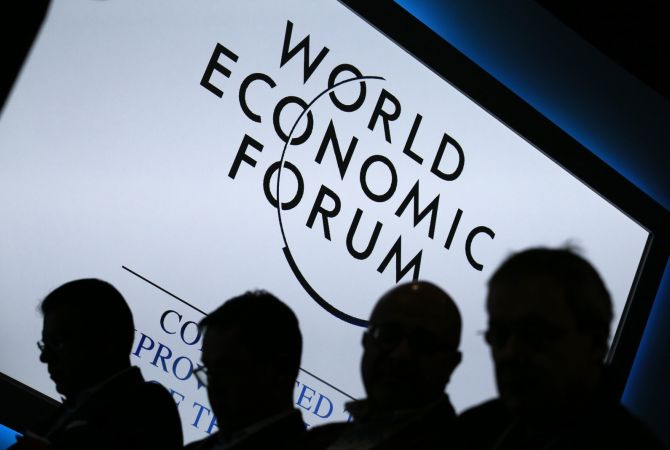2 minute read

YEREVAN, JANUARY 14, ARMENPRESS. Almost 750 experts and decision-makers in the World Economic Forum’s multistakeholder communities responded to this year’s Global Risks Perception Survey. Respondents are drawn from business, academia, civil society and the public sector and span different areas of expertise, geographies and age groups. The survey asked respondents to consider 29 global risks – categorized as societal, technological, economic, environmental or geopolitical – over a 10-year time horizon, and rate each according to their perceived likelihood of it occurring and impact if it does. “Armenpress” informs the Global Risks Report 2016 informs about this.
After its presence in the top five most impactful risks for the past three years, the failure of climate change mitigation and adaptation has risen to the top and is perceived in 2016 as the most impactful risk for the years to come, ahead of weapons of mass destruction, ranking 2nd, and water crises, ranking 3rd. Large-scale involuntary migration was also rated among the top five for impact, as was severe energy price shock (increase or decrease). The risk rated most likely was largescale involuntary migration, with last year’s top scorer – interstate conflict with regional consequences – giving way to the environmental risks of extreme weather events and the failure of climate change mitigation and adaptation and followed by major natural catastrophes.
According to the President of “Economy and values” research centre Manuk Hergnyan, fiscal crisis, currency fluctuation, as well as risks of regional confrontations are the short-term risks facing Armenia, long-term risks include demographic change and disruption of security balance.

